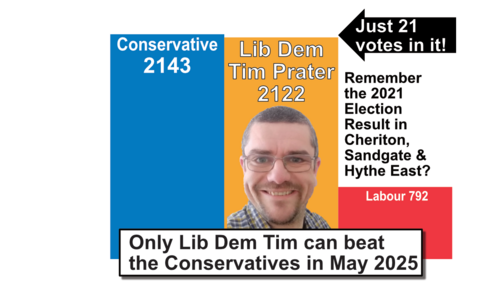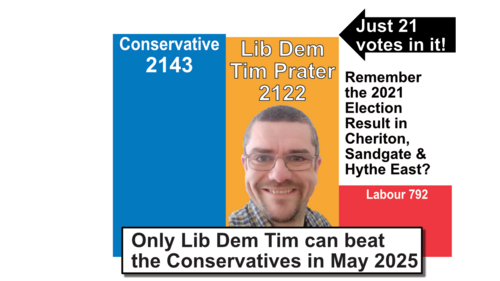Access to Meetings: The Government View
While some Council's seem to still want to stop public reporting of what happens in Council meetings through Facebook, Twitter and other routes, it's worth looking at the advice sent by Bob Neill MP, the Under Secretary of State for Communities and Local Government, to Councils in February this year.
In that letter, Mr Neill says "There are recent stories about people being ejected from council meetings for blogging, tweeting or filming. This potentially is at odds with the fundamentals of democracy and I want to encourage all councils to take a welcoming approach to those who want to bring local news stories to a wider audience." Couldn't agree more.
Full text of the letter from Bob Neill to Council Leaders and Monitoring Officers in February:
As part of the Government's transparency drive I want to highlight the importance of your council giving citizens the opportunity to access and experience their local democracy using modern communication methods. It is essential to a healthy democracy that citizens everywhere are able to feel that their council welcomes them to observe local decision-making and through modern media tools keep others informed as to what their council is doing. The mainstream media also needs to be free to provide stronger local accountability by being able to film and record in meetings without obstruction.
Councils are now faced with important budget decisions affecting the day to day lives of people living and working in their communities. Council meetings have long been open to interested members of the public and recognised journalists, and with the growth of online film, social media and hyper-local online news they should equally be open to 'Citizen Journalists' and filming by mainstream media. Bloggers, tweeters, residents with their own websites and users of Facebook and YouTube are increasingly a part of the modern world, blurring the lines between professional journalists and the public.
There are recent stories about people being ejected from council meetings for blogging, tweeting or filming. This potentially is at odds with the fundamentals of democracy and I want to encourage all councils to take a welcoming approach to those who want to bring local news stories to a wider audience. The public should rightly expect that elected representatives who have put themselves up for public office be prepared for their decisions to be as transparent as possible and welcome a direct line of communication to their electorate. I do hope that you and your colleagues will do your utmost to maximise the transparency and openness of your council.
I do recognise that there are obligations on whoever is filming or publishing information - be it the council itself or a citizen or mainstream journalist - under the Data Protection Act 1998. But I do not see these obligations as preventing access for journalism. Nor are there grounds for any council seeking to obstruct a citizen or other journalist from processing information. The Information Commissioner's Office has told us that:
- In the absence of any other legal barrier to comment, publication, expression and so on, the Act in and of itself would not prevent such processing of information.
- In the majority of cases the citizen blogging about how they see the democratic process working is unlikely to breach the data protection principles.
- In the context of photographing or filming meetings, whilst genuine concerns about being filmed should not be dismissed, the nature of the activity being filmed - elected representatives acting in the public sphere - should weigh heavily against personal objections'.
Moreover there are within the Act itself exemptions from the data protection principles which might apply in the circumstances of the citizen journalist. The first exemption relates to processing of information for journalistic purposes (section 32), the second for the processing of information for domestic purposes (section 36).
In short transparency and openness should be the underlying principle behind everything councils do and in this digital age it is right that we modernise our approach to public access, recognising the contribution to transparency and democratic debate that social media and similar tools can make.
I copy this letter to your monitoring officer given their responsibility for advising on your council's procedures and decision-making arrangements.
Bob Neill MP

Sign up
for email updates


